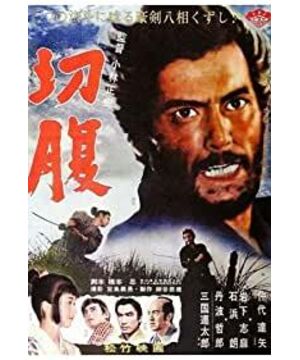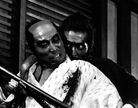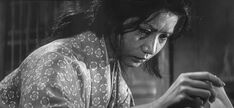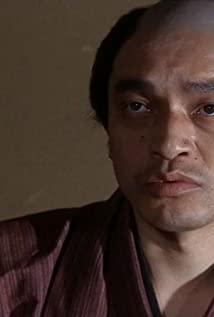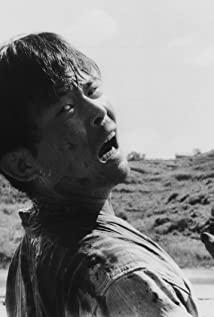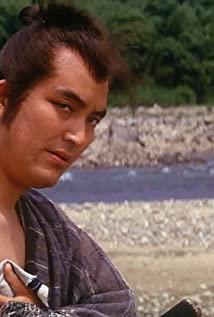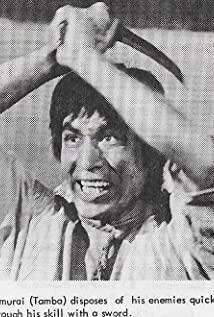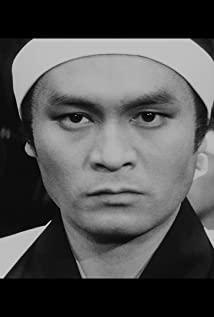"Kifu" is a film by the well-known Japanese anti-war director Kobayashi Masaki. It was released in 1962. The film tells the story of a poor ronin in Japan "Kifu", exposes the hypocrisy and cruelty of Japanese Bushido, and deeply explores the contradiction between morality and human nature. . We are all human beings, and at the level of the phenomenon of "moral socialization", we can't really do much. But on a personal level, there is one thing we can do, and that is not to judge someone lightly until we understand the difficulties they are facing.
The Bushido spirit that Japanese high-level officials have been promoting. At that time, when World War II failed, German high-level leaders committed suicide collectively, and almost no Japanese high-level officials committed suicide. Japan's Bushido spirit can be said to be something that Japan has always been proud of, but ironically, after the defeat of World War II, none of the top Japanese who had been advocating lower-level soldiers to be loyal to the country on weekdays committed suicide by cutting their belly. Playing stupid is extremely ironic; in contrast, German high-level officials almost committed suicide. As the German propaganda minister, Goebbels was appointed Chancellor of Germany before Hitler committed suicide, but soon after Hitler committed suicide, Goebbels poisoned himself. He killed six of his own children. Before he started, he said to himself, "I can't stand children living in a world without a head of state." Then he committed suicide with his wife outside the basement of the Imperial Chancellery at 8 pm. Of course, high-level Japanese have also "suicide", this person is the then Japanese Prime Minister Hideki Tojo. Since Japan surrendered, major Japanese officials have rushed to call to visit him, and the media are guarding his house every day. They are afraid of missing the news of the heroic Japanese Prime Minister committing suicide by cutting his belly, but the funny thing is that despite Hideki Tojo. Carrying a knife and a pistol every day, he refuses to commit suicide. Of course, the main reason is that the German high-level officials knew that they would die in the hands of the Soviet Red Army if they did not commit suicide, while the Japanese high-level and the Kuomintang high-level officials have always been stubborn. The Japanese themselves knew that after they surrendered, the Chinese Kuomintang, the biggest sufferer, would not embarrass themselves. The ending also confirmed that when Chiang Kai-shek saw the surrender of Japan, he hurriedly proposed the friendship between China and Japan, for fear of wronging these war criminals, he was very generous. The country that lists the most Japanese war criminals and insists on severe punishment is Australia.
View more about Hara-Kiri reviews


